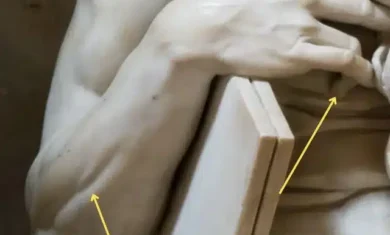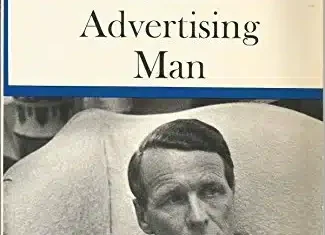There are 86,400 seconds each day, and we’ve all heard the motivational phrases like “If you had $86,400 and someone took $10 from you, would you throw away the rest of it?“. It’s a good way to see things, but I recently heard a slightly different take on this that got me thinking.
It was a recent podcast episode from Duct Tape Marketing that featured Laura Vanderkam (from Before Breakfast). In talking about making the most of your time, Laura said:
“Time continuing to move along… is like the challenge of spending money well, if all our money was burned at the end of every day. It’s very difficult to make use of this extremely limited resource, given that it’s constantly going. So you need to think about your time before you’re actually in it.”
When she puts it that way, the similarities between time and money seem so clear — those that manage their time well are very similar to those that manage their money well.
$846
Let’s imagine that every second in the day is worth a penny, so you get $846 every day, which is $308,790 per year — not bad! Like Laura said, though, the money you don’t spend each day gets burned. How do you spend it?
If you’re not prepared, then you’ll just need to quickly figure out something to do with the money as it comes in and you likely won’t make the best choices on how to spend it. This is like finding a bit of extra time in your day and using it to check Instagram for the 32nd time.
If we all got that same amount of money, over the years you’d find some people were somehow really starting to move ahead. They have a bigger house and nicer cars, but they did it with the same amount of money that you receive daily! The difference is that they thought ahead each day on how to invest it, versus having it show up and then scramble to figure out what to do with it.
Free time
The same is true with your time. Ideally, your calendar has some free time baked into it, though that depends on how much control you have over your calendar. This will often be used by things you didn’t see coming (a meeting running late, a flat tire, a sick child, etc), which is why you should build that free time in there in the first place, but sometimes you’ll end up with actual free time on your hands. How will you use it? Will you scramble to find something to do, or do you have a plan in place?
I’ll admit, I’m certainly not perfect here; I’m on social media more than I should be, I keep a pulse on Reddit, and I’m progressing pretty far in Dr. Mario World. However, I have a solid plan in place for how I ideally take advantage of found time, and I do fairly well with it:
- Anki: First, if I still have cards remaining for the day, I’ll work through Anki. All told this takes me about 20 minutes each day, usually split into little pieces as I find time here and there.
- Feedly: If Anki is already done for the day, I’ll open Feedly to see what stories are waiting for me. Feedly is intentionally a limited list; there’s no endless scrolling here. I tell it the sources I want to see, it sends me the stories, and eventually I hit the (temporary) end. I tend to have a lot in there, but keep up fairly well.
- Kindle: If I hit the end of Feedly, then I open up my Kindle app and read. As I mentioned earlier this year, reading on my phone is not ideal, but it’s a good way to keep making bits of progress on the current book I’m reading. 95% of the reading will happen on my Kindle at home, but that extra 5% here and there helps keep me invested and more likely to continue later that evening at home.
Another thing Laura says in the podcast is that “time passes whether you think about how you’re spending it or not“. Spend your time intentionally, and you may realize you have more of it than you thought you did.





[…] all have the same time allotted to us: 86,400 seconds a day, 168 hours a week, and 365 days a year. Because of that, Rory Vaden says we really shouldn’t […]